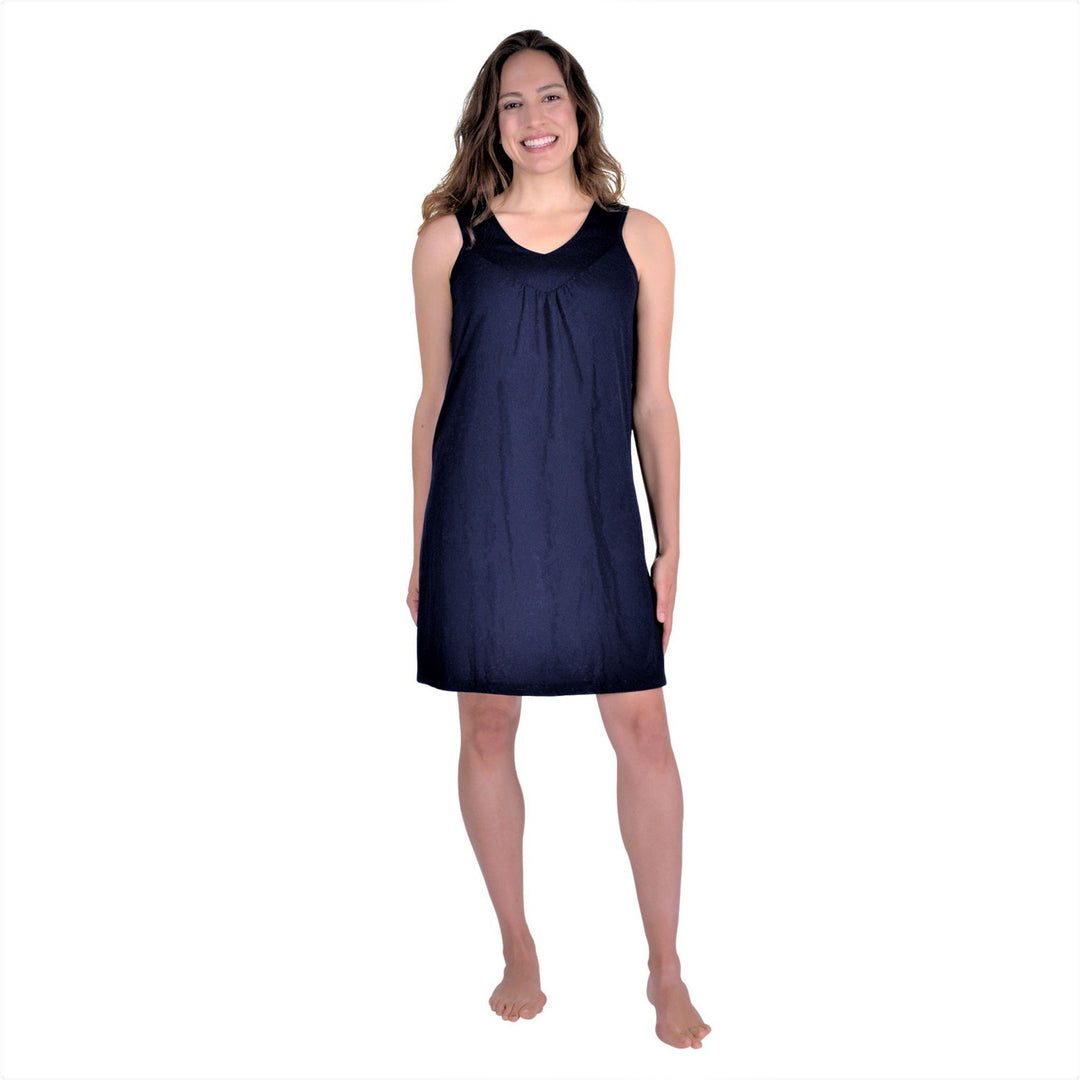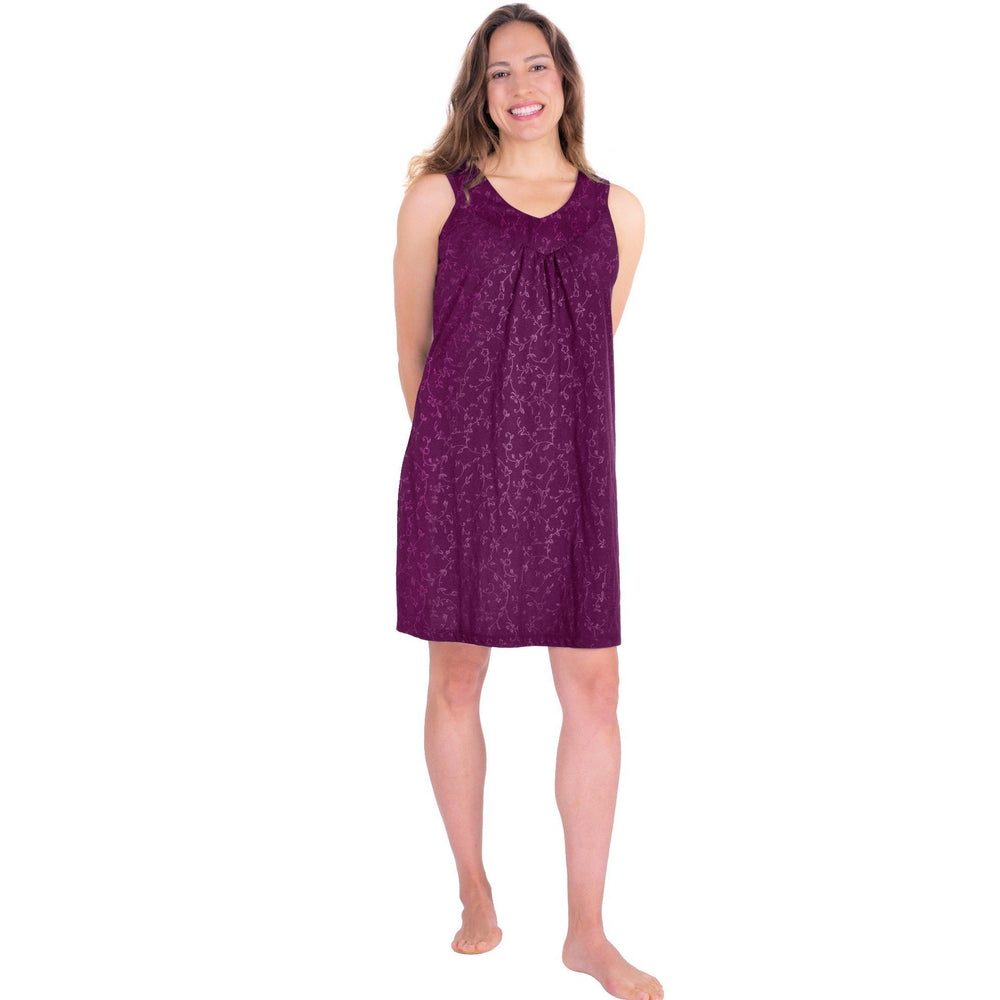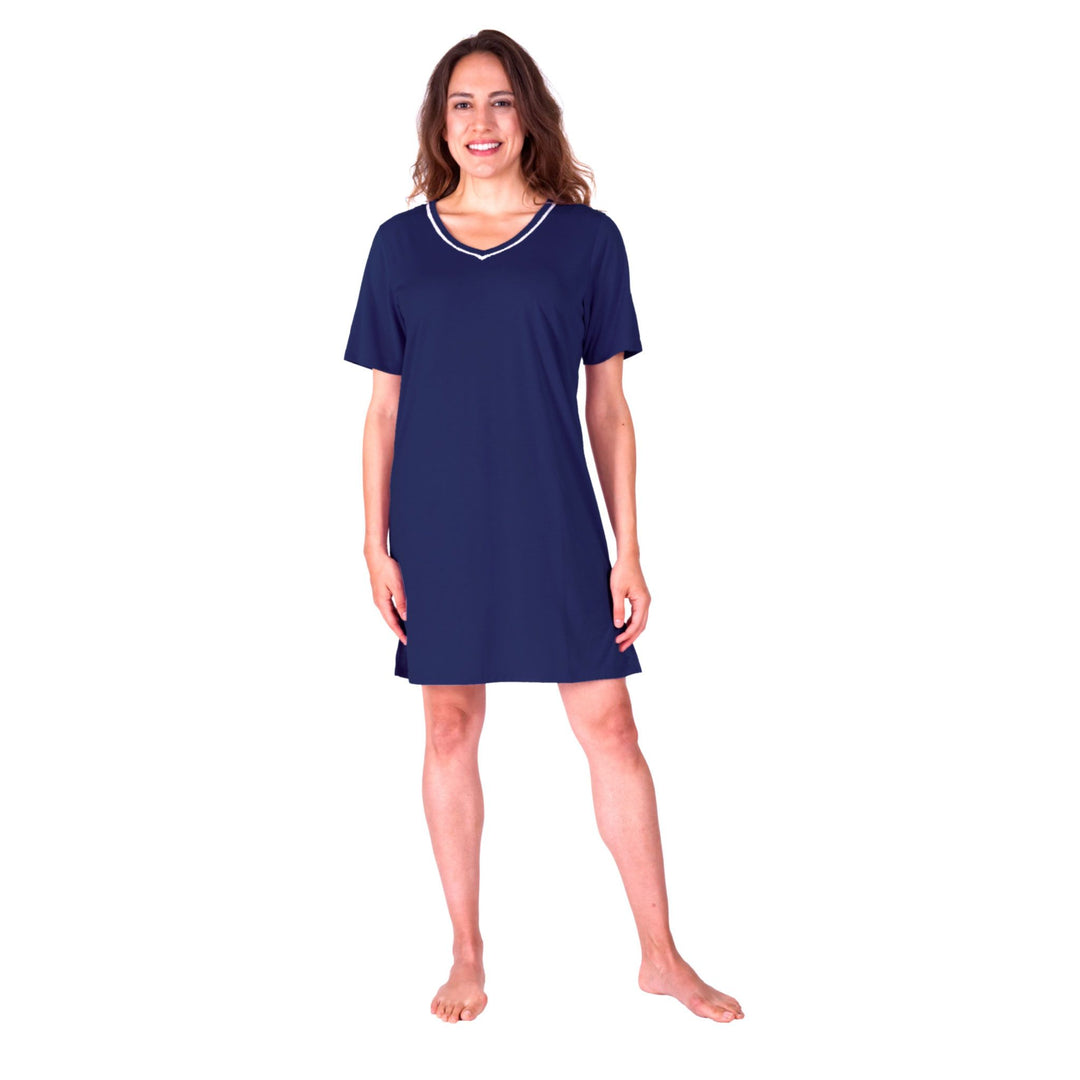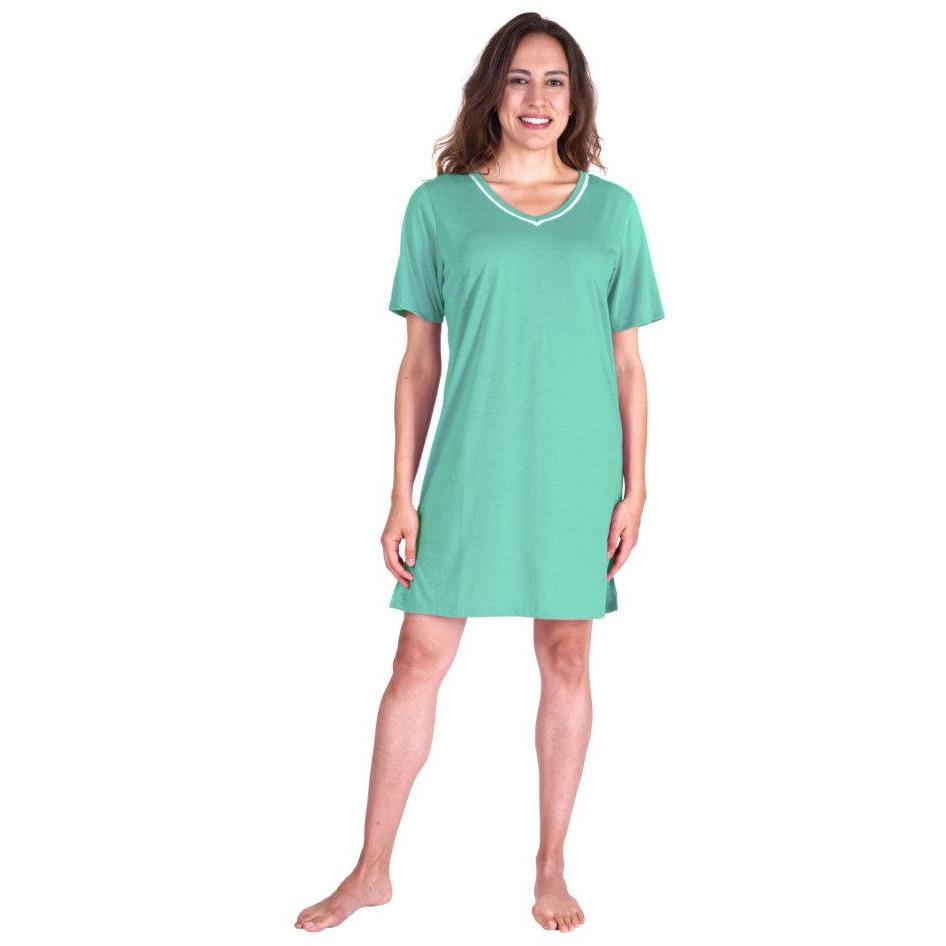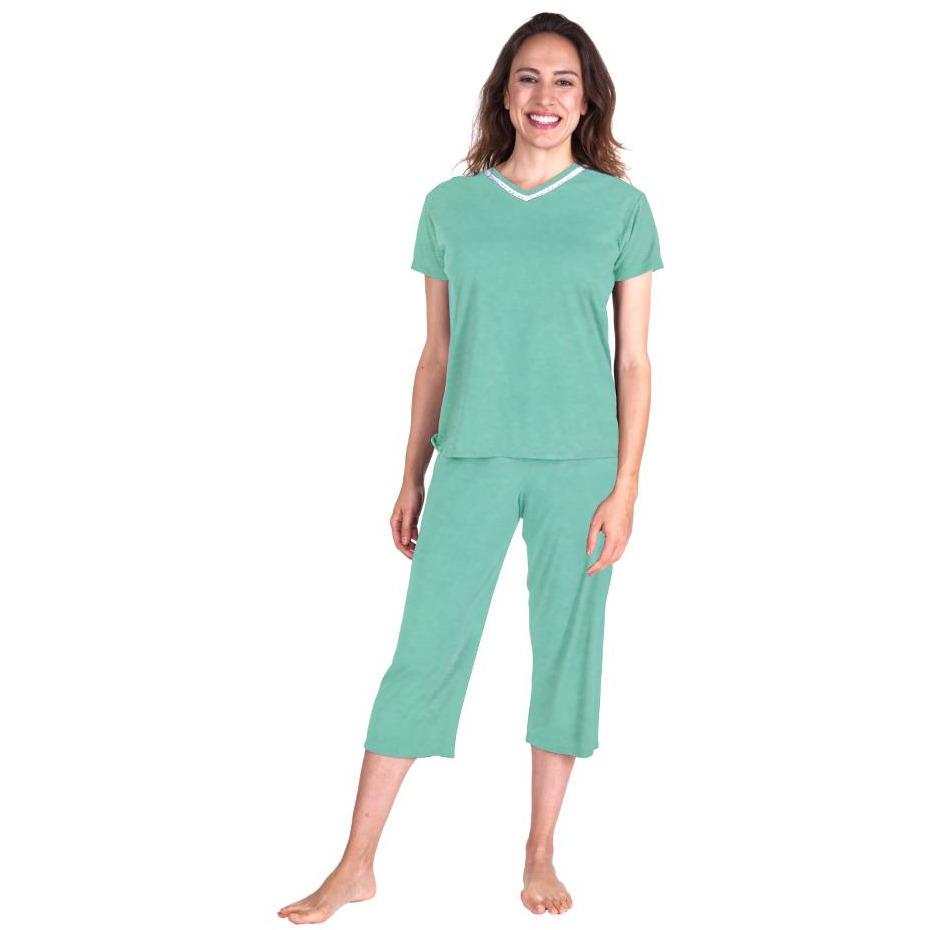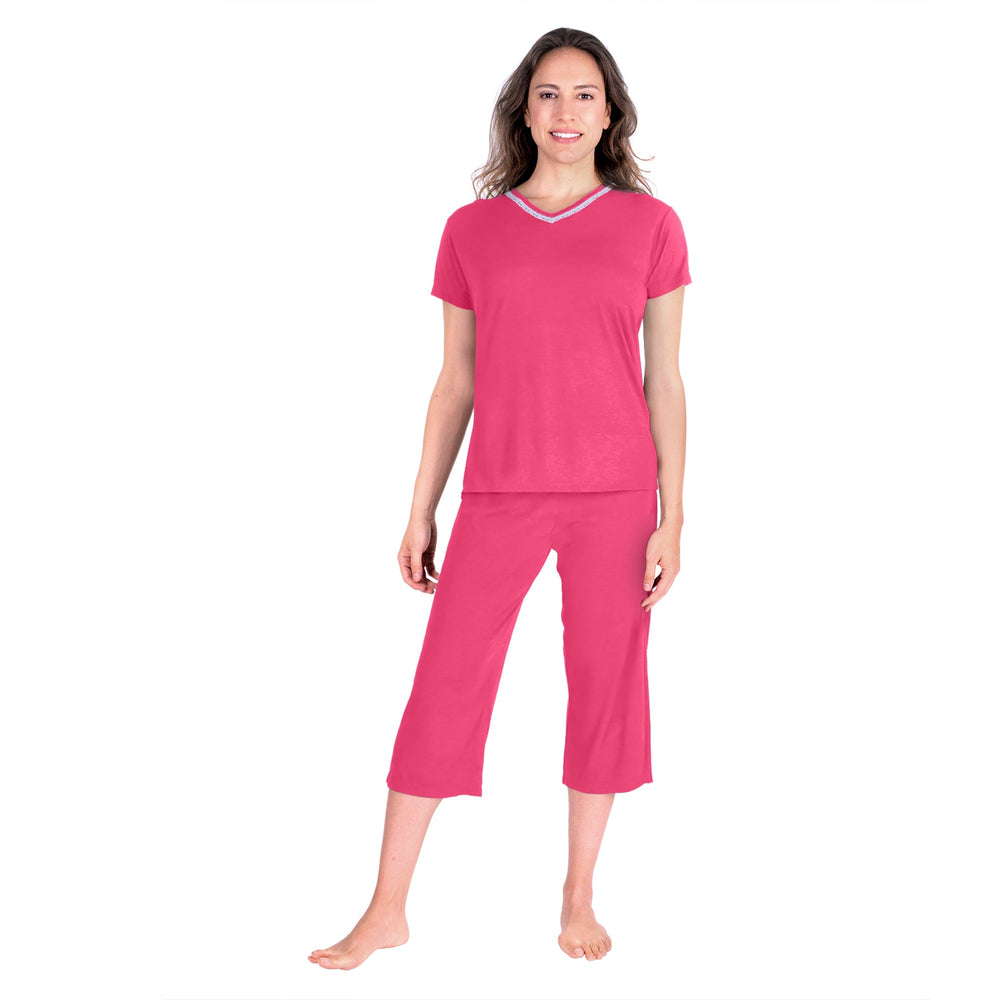Menopause And Insomnia: How Hormones And Hot Flashes Affect Sleep

If you're within a few years of menopause, you may find yourself channel-surfing at 3 a.m. the morning for the first time in your life. Hormonal ups and downs may have affected your sleep during menstruation and pregnancy, as well, but chances are, that was nothing compared to these fearsome midlife fluctuations.
Hormones Drop; Adrenaline Rises During menopause your ovaries slowly decrease their production of two hormones, estrogen and progesterone, the latter of which promotes sleep. When those hormone levels drop, it can be very unsettling to your system and make it hard to sleep. A drop in estrogen also leaves you more vulnerable to stress, another disturbance to your slumber. Hot flashes, which plague up to 85 percent of menopausal women, can jolt you awake too. These flashes are actually caused by a rush of adrenaline that alerts your mind and wakes you up. You won't be able to settle down until the adrenaline subsides, and that could take hours. When menopause hit Lauren Butler, 52, hot flashes were just a small part of her ensuing insomnia. The main thing keeping her up, she says, was pent-up energy and stress.
Sleep Hygiene And Relaxation Strategies As a sleep therapist in Sebastian, Fla., Butler runs a monthly support group for insomniacs, talking to patients about sleep hygiene and coping strategies. Unfortunately she had to take her own advice when she suddenly began waking up at 2 a.m. every morning. "It was just boing, and my eyes were wide open, and that was that," she says. "I could flip-flop in bed for hours, physically tired but wide awake. I remember thinking, 'My gosh, now I know what my poor insomnia patients are going through!'"
As frustrating as it was, Butler forced herself to do the mediation exercises she recommends to her support group. "You concentrate on your breath: five counts in and 10 counts out, walking down a hill, walking on the beach," says Butler. "That's all you focus on. It works, if you do it night after night." After two months of nightly awakenings, Butler's insomnia disappeared. "The hormones just adjusted, I guess," she says, "but for a while, it was horrible."
What You Can Do, And What To Look Out For Short of taking replacement hormones or low-dose birth control pills to even out your estrogen levels, there isn't much you can medically do about your shifting hormones. Acupuncture, shiatsu massage and yoga are worth a try; they help some women feel more settled and relaxed. Besides hormones and hot flashes, there may be other sleep saboteurs at work. In 2007 Wayne State University researchers studied 102 menopausal women overnight in a sleep lab and found that more than half showed signs of sleep apnea, restless legs syndrome or both. Other research suggests that menopause can increase the risk of sleep apnea almost eightfold. If sleep problems begin to affect your daily activities or if you suspect there might be other factors involved, talk to your doctor to rule out a more chronic cause.


